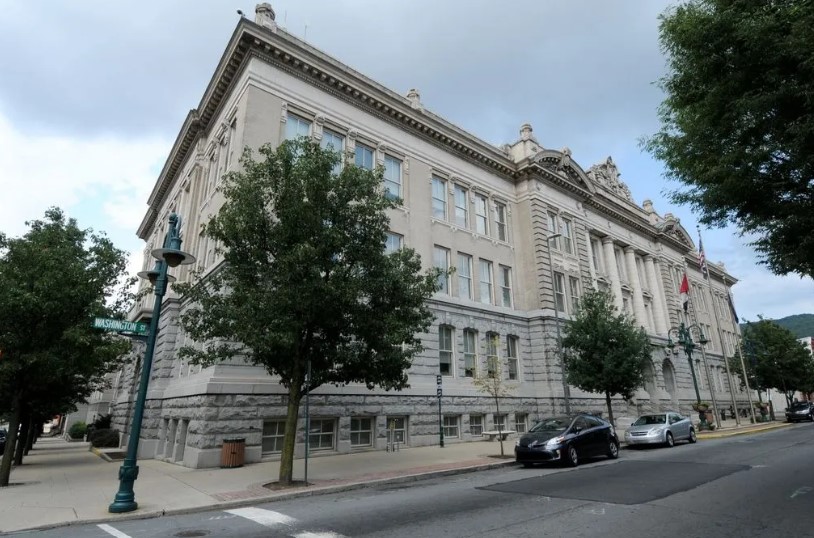Editor’s note: This story has been revised to correct an error in characterizing the action council took.
A change to Reading’s zoning ordinance would regulate the use of short-term rentals, including Airbnb and Vrbo properties. City Council introduced the amendment at its regular meeting Monday after a public hearing on the subject.
Planning Manager Simon Wangolo said the change would give the city oversight of short-term rentals, defined as stays of up to 30 days.
It would allow such rentals in all commercial districts, permit them by special exception in the R-3 High-Density Residential district and by variance in lower-density R-1 and R-2 neighborhoods.
Wangolo told council the intent is to promote positive competition, protect residents and visitors and ensure safe lodging options as new development, such as transit-oriented projects, brings more visitors into the city.
Planning consultant Jerome Skrincosky of Hawk Valley Associates estimated there are already 25 to 40 unregulated short-term rental units operating in Reading. Under the propossd rules, existing operators would have to apply for city permits, and those in restricted zones woukd need variances.
The changes would also establish minimum distance requirements between rental properties to avoid overconcentration in residential areas.
Councilwoman Vanessa Campos raised questions about how the city would manage applications. Wangolo said a fee would be required, though the amount has not been determined. Operators would need a zoning permit and an annual license from the city.
Campos said she was glad to see the city moving forward.
“We don’t know what’s going on at these locations that we already have existing in the city,” she said.
Council President Donna Reed during a discussion last week said the measure, if properly managed, would benefit tourism, serve corporate travelers and bring some additional revenue to the city.
City Council Solicitor Michael Gombar noted that municipalities only recently gained stronger authority to regulate the industry. Courts once treated short-term rentals as residential uses, but more recent rulings reclassified them as commercial. That shift, he said, has allowed local governments to adopt zoning controls.
The lone public speaker, Robert Banwart of Oak Lane, said he and his wife had considered operating an Airbnb in their home and are generally supportive of the city’s approach. He asked why the ordinance included a 500- to 1,000-foot spacing requirement between short-term rentals.
Skrincosky explained the intent is to prevent conflicts and preserve neighborhood balance, but Gombar clarified that operators could seek relief from the zoning board if they fell within that distance.
Banwart also questioned whether offering breakfast to guests would reclassify a rental as a bed-and-breakfast. Skrincosky said it would not.
“The short-term rentals are separate and not to be confused with a bed and breakfast,” he said, noting that operators may offer breakfast as an option.
Councilman Jaime Baez Jr. voiced his support for the amendment.
“I’m happy to see that this is moving forward,” he said.
If passed, the ordinance would take effect immediately, meaning property owners would need city approval before listing homes for short-term rental use.
Originally Published: September 24, 2025 at 9:45 AM EDT

